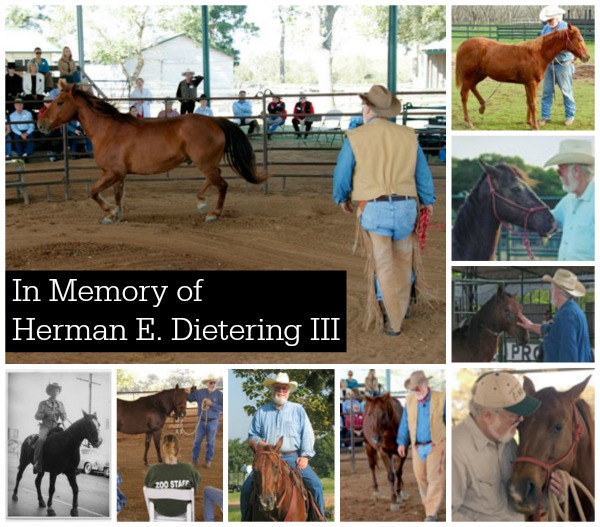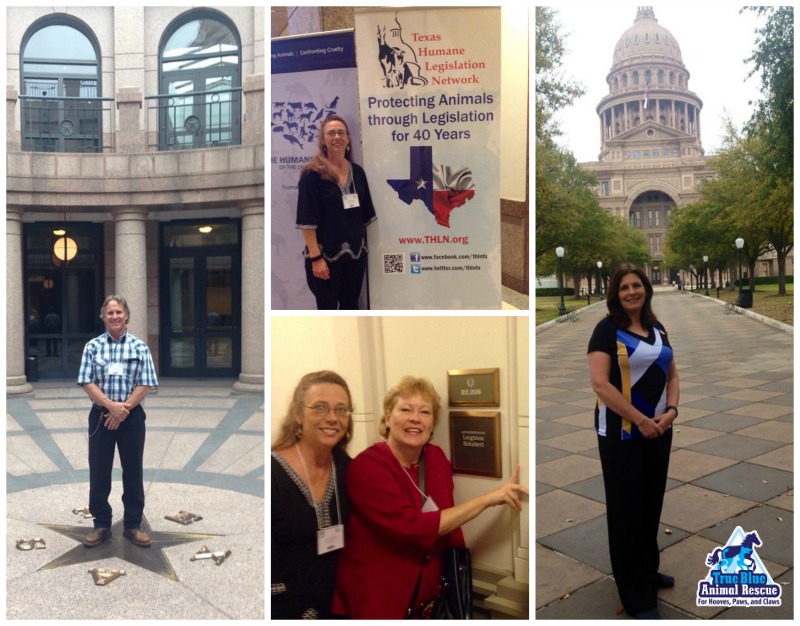Tiger is a cat who has left a legacy. He disappeared around April 16, and since then has made waves in the world, sparking a debate about the importance of feral and outdoor cats.
Not many know Tiger’s whole story though, and his good friend Amy has shared with us his biography. Amy was a pet sitter and caretaker for Tiger and his farm friends for over three years.
Tiger was abandoned at a farm home when he was just a kitten. The couple that lived there never turned down a “dumped” animal as they love all animals. They named him Tiger because he was a beautiful orange & white tabby.
Tiger stayed by the house until he was old enough to live at the barn and rid it of mice that would get into horse & cattle feed and tear up other various important wires. Before taking him to the barn, his owners made sure he was old enough and got him neutered, fully vetted, and up-to-date on vaccinations.
Tiger had a routine over the course of his 6 years at the farm. During the day and late night after dinner he would either be in the barn protecting the horses, who became his best friends, or he would spend time in the pastures with them – sitting right next to them while they grazed. In the evening before sunset he knew it was dinner time so he would come up to the house for his cat chow and wet food mix. He looked forward to this every evening and would talk to you about it. He would even show you where you were supposed to set it down for him to enjoy.
Over the course of 3 years of taking care of him (half of his life), I witnessed very interesting things with him. For example, he loved to ride on the Gator tractor with me to the barn and back to the house, he never left my side…no matter where I was on the property he was right there next to me as my protector, so in a sense I became part of the farm he watched over. On the property there were cattle, horses, dogs, goats, a kitten, jack rabbits, baby birds that had fallen out of nests, frogs hopping around, spiders building webs and he never once caused harm to anyone or anything. He had a pure heart of gold and is one of the best coolest cats I have done pet sitting for. He was in a class all his own.
Unfortunately the couple had to move away due to health reasons. They gave Tiger to the next door neighbor to keep him in familiar settings, plus the neighbors were given the horses that Tiger used to hang out with. It took some adjusting, but Tiger would spend the day at the old barn and would make the trek across the fields to get to the neighbors for his dinner. He would eat and then make the trek back to the old barn. This went on for a couple of months and it seemed to keep everyone, including Tiger, happy.
Then Tiger went missing. The first couple of nights of untouched food was dismissed as bad weather since it was almost nonstop rain and storms in the area. Then came the horrible night I saw the infamous posting of a vet holding up a cat at the end of an arrow…..the cat was identical to Tiger. I continued putting food out until the end of my time for pet sitting at his house, but he never showed up to eat. It has been almost 4 weeks, and although we all still have hope, he has never returned for his dinner and we all miss him dearly.
Amy and Tiger’s owners have set up a donation fund in Tiger’s memory with us at True Blue Animal Rescue. We are working with different groups, including Alley Cat Allies, and will be creating an educational and assistance program to help springboard a Trap-Neuter-Return program that will strive to inform Washington and Austin County residence about the options for stray, wandering, and feral area cats. This program is beginning this year in Tiger’s name, and will continue for years and generations so that Tiger’s legacy will live on to save the lives of other cats in the area and worldwide.
If you would like to donate in Tiger’s name, you can do so from our Paypal Donation link, or you can purchase a “I Am Tiger” shirt from Amy’s Booster fundraising page! Thank you for choosing TBAR to Remember Tiger!
People can also “like” Tiger’s memorial Facebook page.
For example, we’ve already received this story from Melissa K:
 This cat has been around the house for about a 1.5 months and I have chased it off my patio because it was eating my cat’s food and has been squirting Dave’s shop, but after [Tiger’s Story] it made me change my attitude with this cat. I started going downstairs when I would hear it meow because he was hungry and I would feed it. Of course he didn’t want me to touch him or come near him, and after 7 times of feeding him he brushed up against my foot!! It took sometime but this is where we are at -YES we have bonded! Now I will get him fixed and try to find him a home because our cats would not like him because they are selfish!! So I took a bad story and changed my thoughts and made sometime positive for another CAT!!
This cat has been around the house for about a 1.5 months and I have chased it off my patio because it was eating my cat’s food and has been squirting Dave’s shop, but after [Tiger’s Story] it made me change my attitude with this cat. I started going downstairs when I would hear it meow because he was hungry and I would feed it. Of course he didn’t want me to touch him or come near him, and after 7 times of feeding him he brushed up against my foot!! It took sometime but this is where we are at -YES we have bonded! Now I will get him fixed and try to find him a home because our cats would not like him because they are selfish!! So I took a bad story and changed my thoughts and made sometime positive for another CAT!!
And here is the picture of this very cat in his new home! Thank you Melissa, for making Tiger’s legacy mean something beautiful!












